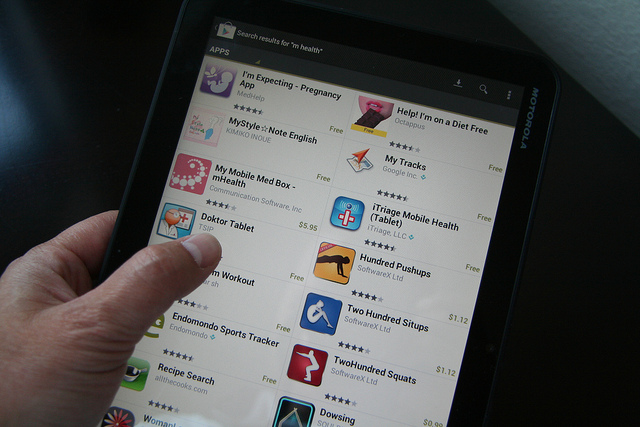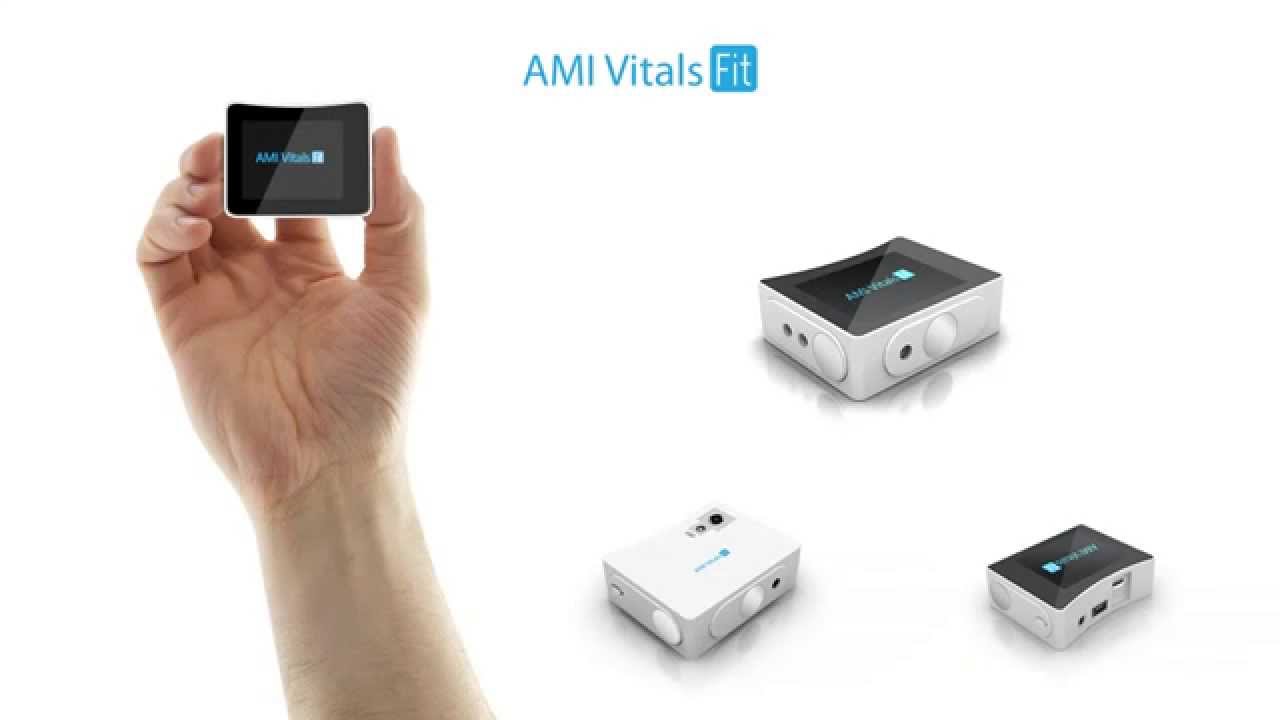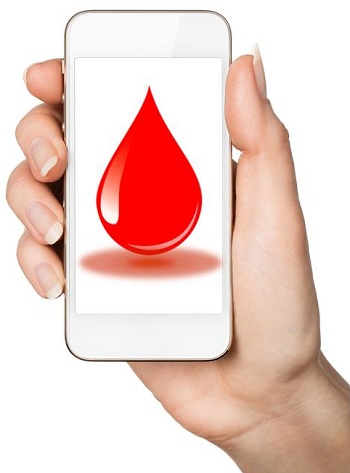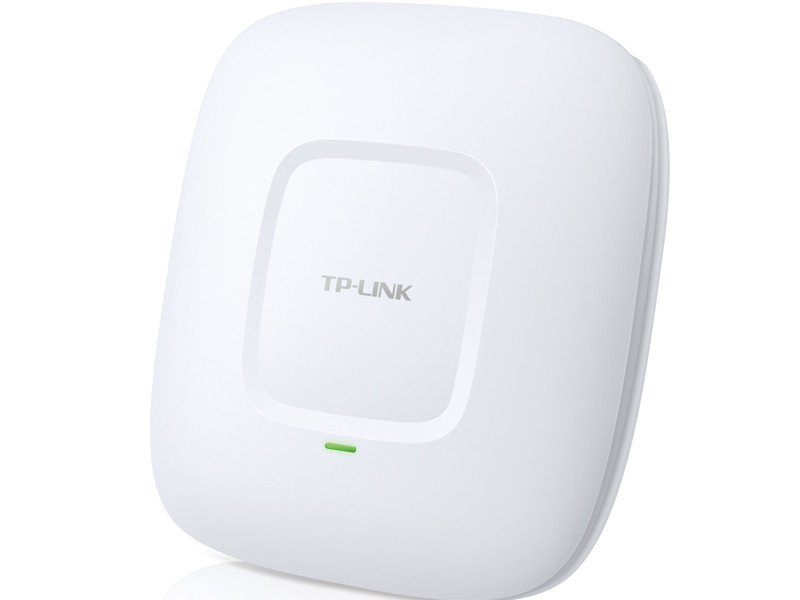UT Southwestern Medical Center doctors and UT Arlington engineers have developed a wireless monitoring system, which uses electrical impulses to track esophageal reflux. Researchers have combined the Radio Frequency Identification (RFID), with another emerging applied science, namely impedance monitoring, which tracks reflux through electrical impulses. The new system works by attaching a small, flexible RFID chip to the esophagus, and the chip remains there in that position, until it is removed by a physician. The size of chip is around two square centimeters, which tests electrical impulses that signal acidic or nonacidic liquids moving through the esophagus. Thereafter its function is to transmit data to a wireless sensor, which is worn around the neck. According to the researchers, as a result of a special plastic material used, the patients would hardly feel anything in their throat when the device is inserted. However, this innovative device is still in the testing phase.The researchers believe that this new device will herald an improvement over the current standard procedures, which require placing a flexible catheter tube through the nose and down the esophagus.

Be a part of Elets Collaborative Initiatives. Join Us for Upcoming Events and explore business opportunities. Like us on Facebook , connect with us on LinkedIn and follow us on Twitter , Instagram.












